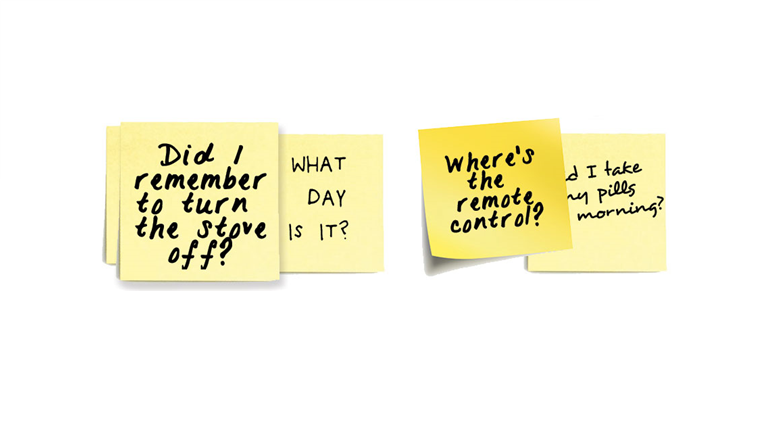
Calling all cell phone losers, milk-forgetters and the car-park confused: here's a clinical research trial just for you
25 October 2016, 12:36PM
Glass Tower

Where did I put my keys? What did I come to the supermarket for? Where did I park the car? What have I done with my phone?
Forgetting the little things can just be a symptom of a busy lifestyle and not a cause for concern. But for some, it’s small lapses like these that herald a condition known as Mild Cognitive Impairment – one of the first signs of Alzheimer’s disease.
The Canterbury Geriatric Medical Research Trust (CGMRT) is one of six Australasian sites tackling early memory loss by trialling a new investigational medication that could help slow the progression of the disease.
Specialist Physician, Dr Nigel Gilchrist, who runs CGMRT is excited about the prospect of the new medication.
“Currently available medications work at managing the symptoms of memory loss but do not necessarily slow the course of the disease. The medication we are trialling potentially does this. If it works, it would be an exciting breakthrough.”
The clinic is looking for people who may qualify for the clinical trial. Because the line between every-day forgetting and early memory loss is so fine, it can take a lot of work to find people who meet the criteria.
“We are looking for people who have significant memory problems but who are not yet incapacitated – by that, we mean that they can still perform all their daily activities, pay the bills, look after the house, fix something that’s broken, learn to use the latest iPhone…but they still have some memory problems.”
Unlike many other clinical studies, this one is looking for people who may not even know they are unwell yet.
A very brief online quiz at remembertheelephant.co.nz provides the first level of screening. Those whose memory is bad enough and who meet other criteria may be offered a screening appointment with a clinical research nurse. Finally, people are ruled in or out by a blood test and a PET Brain Scan.
People who take part in the clinical trial receive a thorough medical assessment and ongoing medical care. Some participants will be given the medication that is being tested, in the hope it can slow the progression of memory loss. Others will receive a placebo, or ‘dummy’ medication.
Dr Gilchrist says participants are motivated to take part in the study for a number of reasons.
“Sometimes there is Alzheimer’s disease in the family, they are very aware of any changes in their memory, and they want to get it checked out. Others have noticed their – or somebody else’s – memory deteriorating and are worried about what it means. Another group wants to do their bit to help advance science in this area.”
To be eligible for the trial, participants need to be aged between 50-70, live in Canterbury, and have somebody who can bring them to appointments, amongst other criteria.
More information about the trial can be found at: www.remembertheelephant.com
